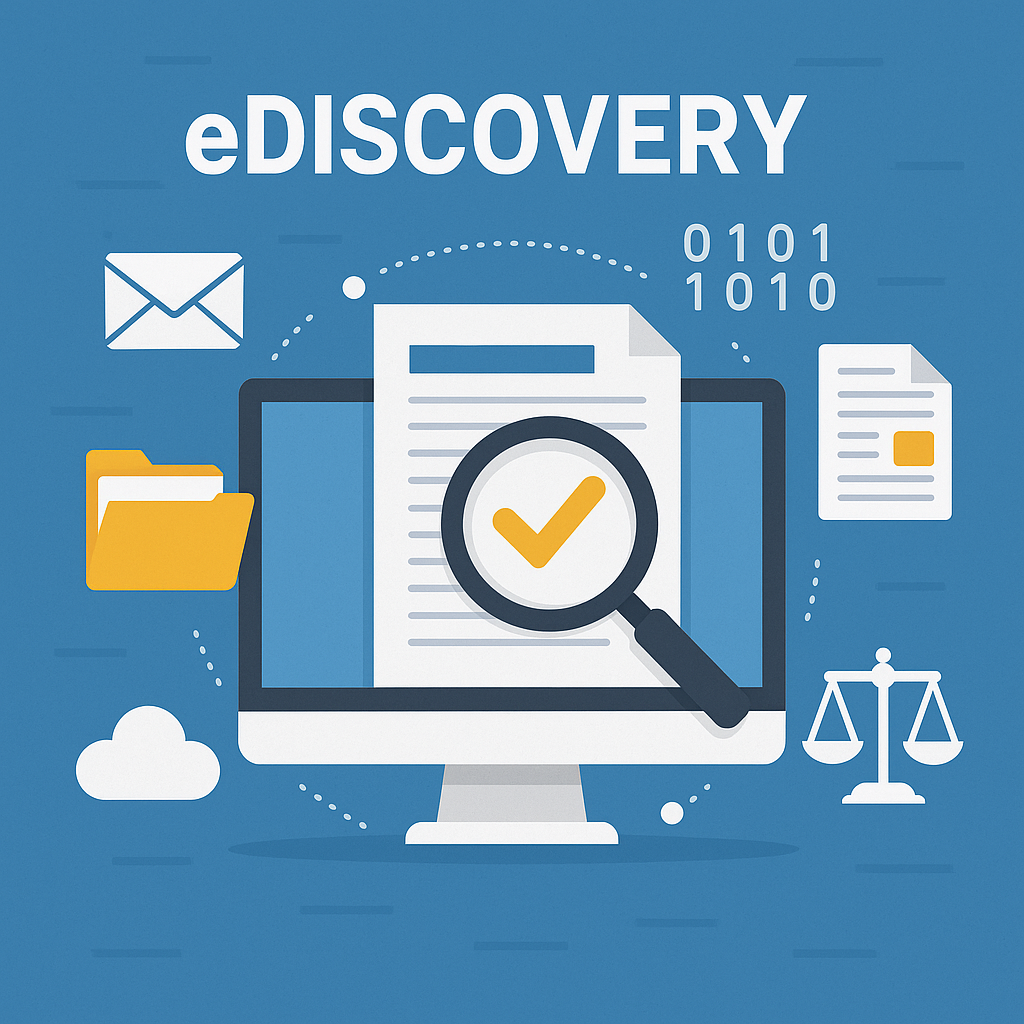
"Recent court orders and ESI protocols show increasing acceptance of AI and GenAI technologies in eDiscovery workflows, emphasizing transparency and defensibility in their implementation."
"Courts require clear disclosure and validation methodologies for AI technologies in legal applications, with a focus on transparency practices to meet judicial standards."
Courts are increasingly accepting AI and GenAI technologies for eDiscovery workflows, prioritizing transparency and defensibility. Recent court orders and ESI protocols, particularly the EEOC v. Tesla case, have established frameworks that support the use of GenAI for attorney responsiveness review. Key issues include AI disclosure requirements, validation methodologies, and essential practices to avoid challenges associated with opaque AI systems. Best practices involve clear communication of AI technology to opposing counsel and courts. This allows legal teams to adopt or refine AI implementations while meeting judicial standards required for eDiscovery.
Read at Above the Law
Unable to calculate read time
Collection
[
|
...
]